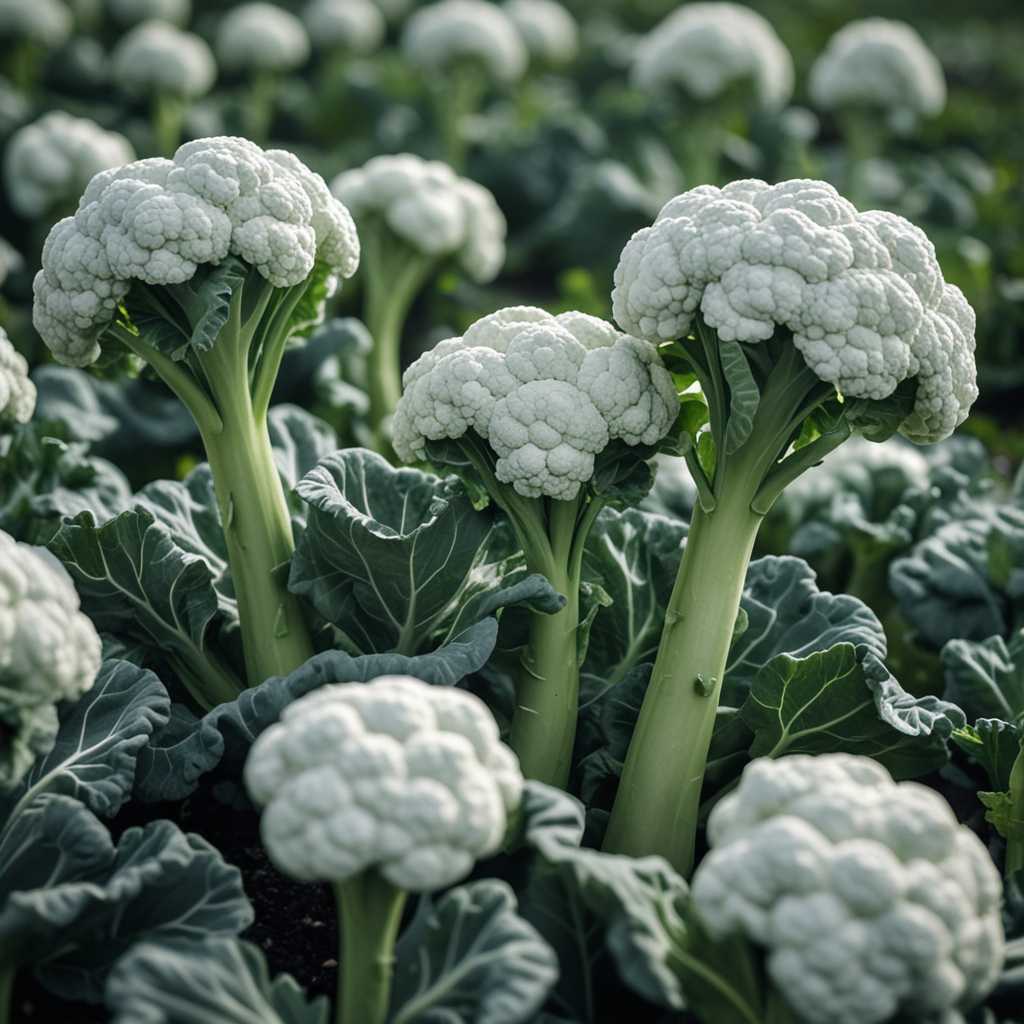White Mustard (Brassica alba)
White Mustard (Brassica alba) is a member of the Brassicaceae family, native to Europe, Asia, and North Africa. Traditionally, its leaves, stems, and seeds have been used for decoctions, infusions, and powders.
This herb is particularly valued for its anti-inflammatory, diuretic, and carminative actions, and has a long history of use in european herbal medicine, mediterranean herbal traditions, and ayurvedic medicine.

Quick Facts / Key Information
| Common Name | White Mustard |
|---|---|
| Scientific Name | Brassica alba |
| Plant Family | Brassicaceae |
| Genus | Brassica |
| Species | alba |
| Native Range | Europe, Asia, North Africa |
| Plant Parts Used | Leaves, Stems, Seeds |
| Primary Medicinal Actions | Anti-Inflammatory, Diuretic, Carminative |
| Primary Traditional Systems | European Herbal Medicine, Mediterranean Herbal Traditions, Ayurvedic Medicine |
| Historical Preparation Methods | Decoction, Infusion, Powder |
Botanical Identity
- Scientific Name
- Brassica alba
- Common Name
- White Mustard
- Synonyms / Alternative Names
- Field Mustard, Common Mustard, White Cress
- Plant Family
- Brassicaceae
- Genus
- Brassica
Botanical Description
- Growth Habit
- Annual herbaceous plant.
- Height
- It typically grows to a height of 30 to 80 centimeters.
- Leaves
- Lamina with prominent stomatal bands on lower surface, upper surface glabrous and pale green, lower surface glaucous and whitish.
- Flowers
- Flowers are white with four sepals and four petals arranged in a cross shape, borne in clusters of 1 to 5, exhibiting actinomorphic symmetry.
- Stems
- Elongated, cylindrical stems with ascending growth habit, alternate branching pattern, and glabrous surface.
Traditional Uses / Historical Use
Traditional Systems
- European Herbal Medicine
Historical Preparation Methods
- Decoction
- Infusion
- Powder
- Poultice
Medicinal Actions
- Anti-inflammatory
- In herbal literature, noted as a soothing anti-inflammatory, in topical or internal use contexts.
- Diuretic
- Commonly referenced as a mild diuretic, for elimination-focused applications.
- Carminative
- Historically regarded as a moderate carminative, in digestion-focused applications.
- Bitter
- Traditionally described as a calming bitter, in taste-driven classifications.
Active Compounds
- Flavonoid
- A group of naturally occurring compounds commonly present in many flowering plants.
- Phenolic Acid
- Simple phenolic molecules widely distributed across plant tissues.
- Tannin
- A group of compounds frequently present in plant tissues exposed to herbivory.
- Coumarin
- Naturally occurring lactone compounds distributed across various plant tissues.
Modern Research Overview
Modern scientific investigation of this plant has focused on identifying its chemical constituents and examining their properties in controlled research settings. Comprehensive study summaries will be incorporated into this section as additional sources are reviewed.
Safety & Contraindications
- General Precautions
- Specific general precautions associated with this herb have not been well documented.
- Contraindications
- Reports outlining specific contraindications for this herb are limited.
- Allergies
- There is insufficient evidence to determine whether this herb commonly causes allergic reactions.
- Drug Interactions
- The potential for interactions with prescription medications has not been extensively studied.
- Toxicity
- Reports of toxicity related to this herb are not well documented in available literature.
- Pregnancy & Breastfeeding
- Safety during pregnancy and breastfeeding has not been well documented.
Preparation & Usage Methods
- Infusion
- Dried or fresh plant parts are infused in hot water and consumed as a beverage.
- Decoction
- Plant parts are gently boiled in water to release soluble constituents.
- Poultice
- Poultices involve external application of prepared plant matter.
- Powder
- Plant parts are dried and mechanically reduced to a powdered form.
- Culinary Use
- This method integrates plant material into edible preparations.
Growing, Harvesting & Storage
Growing / Cultivation
- Soil
- Prefers loamy soil with well-drained conditions. Typically grows best in organically rich soils.
- Sunlight
- Thrives in full sun. Tolerates full sun to partial shade.
- Watering
- Prefers well-balanced moisture levels. Tolerates moderate moisture fluctuations.
Medical Disclaimer
The information provided on this page is for educational and informational purposes only. It is not intended to diagnose, treat, cure, or prevent any medical condition. Always consult a qualified healthcare professional before using any herb for medicinal purposes.